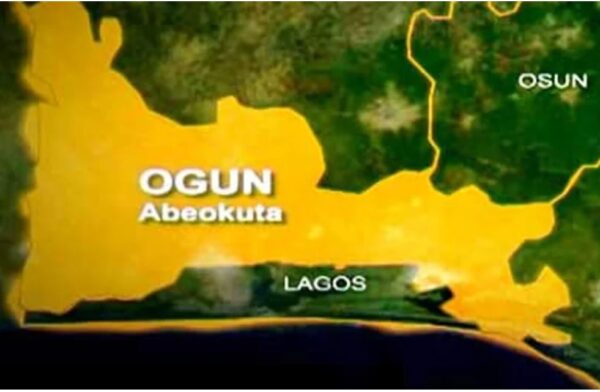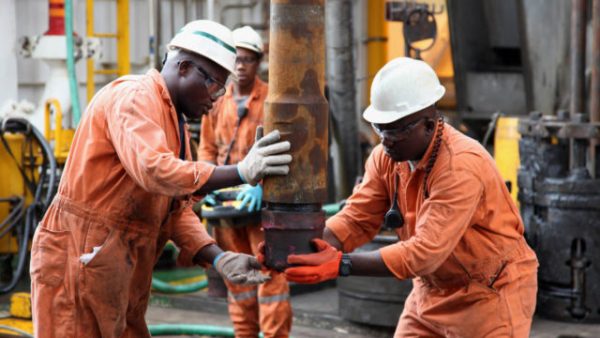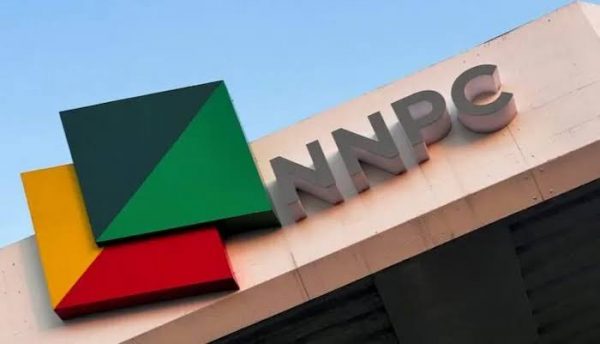Govt May Sanction Oil Firms Over Alleged Cabotage Waiver Abuse
The Federal Government has advised International Oil Companies (IOCs) operating in the country to abide by the provision of Coastal and Inland Shipping (Cabotage) Act 2003 or be prepared to face sanction.
Speaking at a one-day forum in Lagos recently, Director General, Nigeria Maritime Administration and Safety Agency (NIMASA), Patrick Akpobolokemi cautioned firms against alleged manipulation of waiver clause in the Act.
He explained that adequate measures are being put in place to prevent firms from applying for waiver for jobs that can be handled by Nigerian firms and personnel.
Represented by NIMASA’s Executive Director (Maritime Labour and Cabotage Services), Callistus Nwabueze, Akpobolokemi said: “We will be drastic on both the IOCs, their contractors and even the manning agents. We will not sit here and allow them abuse the law.”
According to the Act which was enacted on April 30, 2003, foreign vessels are not allowed to partake in any domestic coastal trade except a waiver is granted by the minister of transport.
The sensitization/consultative forum was attended by various speakers including Director-General, Nigeria Chamber of Shipping, Mrs Ify Anazonwa Akerele, Managing Director/ Chief Executive Officer, Ocean Pearl Maritime, Emmanuel IIori, an engineer, Managing Director/Chief Executive Officer, Global Consulting Practices, Dr Yakub Abdalla and Prof of Transport Management from Federal University of Technology (FUTO), Prof Callistus Chukwudi Ibe, among others.
Akerele in her paper commended the management of NIMASA for supporting local capacity and creating awareness.
In a communiqué, the organisers emphasized the need for the Promotion of public awareness and “enforcement measures of the Cabotage regime through initiatives involving policy makers, legislators, administrators, partner agencies, shipping industries and other players in the private sector”.
The communiqué explained that in the course of the one-day interactive session, the following resolutions were reached:
The implementation of the Cabotage regime should be in line with the Governments 3Cs of transformation Agenda which are Continuity, Consistency and Commitment;
There is need to develop structures and action plans to implement technical aspects of the Cabotage regime by setting up Cabotage Technical Development Initiative;
There should be Standardisation of Cabotage vessels that can work effectively in Nigeria coastal waters by encouraging joint ventures with global ship builders to build Cabotage Vessels in Nigeria;
There is need to effectively monitor vessels and activities carried out on the coastal and inland waters to ensure that businesses are not conducted in a manner contrary to the Cabotage Laws;
NIMASA needs the various Government Agencies, and advocacy groups to function effectively to administer indigenous shipping with a view to improving and advancing the nation’s maritime sector;
NIMASA should ensure that the conditions for waivers granted to beneficiaries should lead to transfer of knowledge and creation of competent indigenous seafarers and should be a last resort;
Effort should be made to place seafarers undergoing training in the Nigerian Seafarers Development Program (NSDP) of NIMASA, on board vessels as soon as they return;
NIMASA is urged to go into partnership (PPP) for the operation of the Agency’s ship yard in Delta State;
NIMASA is urged to aggressively work along the line of creating more awareness for the potential investors and entrepreneurs to exploit the opportunities abound in the maritime sector;
NIMASA should work with the Nigerian Customs Service on import duties levied on vessels imported by Nigerian(s);
PIRS(Policy, Information, Review and Security) principle should be considered in the implementation of the Cabotage regime as this emphasizes on friendly policies, efficient information management, review of existing road maps security of maritime sector;
For effective Cabotage operations in Nigeria there is need for all stakeholders to be involved in protection of critical maritime infrastructure(s) and investments through information sharing, comprehensive inventories, registration of Cabotage vessels, development of risk governance strategy, cooperative mechanism, information sharing, increased funding and political will;
Government should quicken the process of disbursement of the Cabotage Vessel Finance Fund to deserving operators which will serve as intervention fund for vessel acquisition and repairs;
Ship-owners are urged to engage the services of Nigerian registered manning agents as most of the seafarers are registered and regulated by NIMASA.
Speaking at an interactive session with various stakeholders in Lagos, recently, the Minister of Transport, Idris Umar said the Federal Government is addressing relevant aspect of the law as part of measures to boost local capacity in the sector.
He urged stakeholders to make constructive suggestions on the way forward, adding that meetings and consultations are ongoing.
According to the minister, President Goodluck Jonathan is doing everything possible to push through various reforms in the sector.
“The reform has commenced. The industry is key. There is no sector that the president is not passionate about. Meetings and consultations are going on”, Umar added.
Making reference to some sections of the policy guidelines for granting of ministerial waivers, Umar told the gathering which comprised of Nigerian Ship Owners Association (NISA), Port Consultative Council, representative of Nigeria Shippers Council, Insurers, Nigeria Merchant Navy Officers & Water Transport Senior Staff Association, among others that the aim of the exercise is to boost “maritime development.







